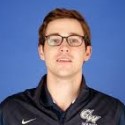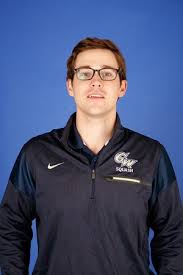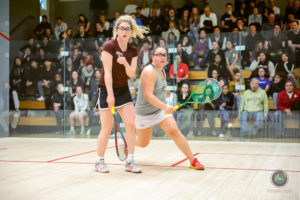
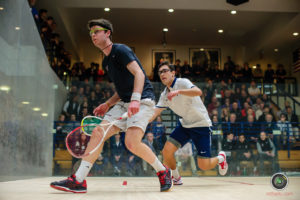 With many college squash teams now back on court for official practices, the CSA offers a preview of the road to the CSA Championships, highlighting many key matches along the way.
With many college squash teams now back on court for official practices, the CSA offers a preview of the road to the CSA Championships, highlighting many key matches along the way.
The Harvard men’s and women’s teams will both look to defend their team titles at the CSA Championships in late February. Both teams start their championship defenses late in the fall semester: the Crimson men welcome local foe MIT on Nov. 20, while the women open both their season and Ivy League play at Dartmouth on Dec. 3.
The clash of the titans, the rematches between defending champions Harvard and runners-up Trinity, is a midweek match-up this season taking place on Wednesday, Feb. 5 in Hartford, CT. All four teams will be eager to make a statement with the team championships scheduled for only a few weeks after those matches.
The season kicks off in earnest next weekend, but one match between two of the CSA’s newest teams has already taken place to open the campaign. Debutants University of Pittsburgh and Carnegie Mellon University played the first of hopefully many local rivalry matches in the Steel City, with CMU clinching the 6-3 victory.
Other local rivalries are the hallmark of the opening weekend of play, headlined by fast-rising second-year varsity men’s program Chatham University taking on well-organized club programs Denison University and Bucknell University and the Wellesley College women welcoming neighbor Northeastern University.
The first all-varsity match-up of the 2019-2020 season should be an exciting one: Mid-Atlantic Squash Conference competitors University of Virginia and Franklin & Marshall College will square off in Charlottesville. While the Virginia women swept both matches against the Diplomats last season, the UVA men squeezed out three separate 5-4 victories during the second half of last year.
The weekend of November 15-17 marks the first opportunity for the NESCAC teams to compete, and the increased activity on the schedule that weekend points to this critical point in the season. Intriguing Friday evening matches start off the weekend right. The Maine rivalry between Bates and Bowdoin will start a new chapter with first-time head coaches Reinhold Hergeth and Theo Woodward taking the reins of those programs, respectively. Additionally, two men’s teams with eyes on a Top-8 spot – George Washington University and University of Virginia – will face off in primetime in Washington, DC.
After at least 53 total matches between the 15th and 17th, CSA squads compete in at least 59 matches the following weekend on Nov. 22-24. Three of those matches involve the Stanford University women, who finished a program-best 3rd in the country in 2019, making their first foray to the east coast. Virginia continues its brutal early season schedule, taking on heavyweights Princeton, Yale, and Trinity on consecutive days. Connecticut will be a hotbed of college squash that weekend, with Yale and Wesleyan hosting multiple neutral site contests along with their own matches.
As the calendar turns to December, Ivy League play opens with the aforementioned Harvard-Dartmouth match-up, as well as contests between the Yale and Brown teams. The final weekend of matches before finals and the holiday break includes two rematches from last year’s CSA Men’s Team National Championships. In a rematch of the Summers Division Championship, MIT welcomes Brown to Cambridge, while the 3rd– and 4th-place teams from last season, Penn and Rochester meet in Philadelphia.
The beginning of 2020 brings a litany of matches while teams are on winter break. Williams College kicks things off with matches on back-to-back days against Dartmouth and Middlebury. Mark your calendars for January 11 and 12 when many teams are back in action after the new year. This first full weekend of Ivy League play could have major implications for the top of the rankings with Harvard scheduled to host Penn and Princeton. All four visiting teams will likely push the defending champions, especially considering Penn and Princeton’s talent this season and Harvard having played so few matches up to that point.
2019 men’s runner-up Trinity has a tough five-day three-match stretch during the following week when they host Rochester and Penn with a trip to Columbia sandwiched in between. The Trinity women, also national finalists last season, will tackle the challenging Columbia-Penn tandem over a three-day period. The weekend of January 17-19 also sees Fordham play host to some budding rivalries and important mid-rankings clashes, when Connecticut College, Haverford, and Hamilton visit the Bronx.
The following week of the schedule is regional rivalry week, capped off by the annual Pioneer Valley Invitational in northwest Massachusetts. Amherst and Mount Holyoke will host a bevy of teams, many of whom will play important rankings-adjacent matches against geographically diverse opponents. The Yale women face a tough test this week, albeit with all matches at home, when they face Trinity, Stanford, and George Washington over a five-day period.
The last full weekend of regular season squash occurs as February arrives, with several critical matches that will affect teams’ overall rankings. This includes rematches of both B Division finals from last season. The Cornell and Dartmouth women rekindle their rivalry in Ithaca on Feb. 1 with possible Top-8 seeding on the line. On Sunday, Feb. 2, the 2019 Hoehn Cup rematch of Drexel and George Washington could have an impact on which team makes the jump to the Potter Division later in the month.
The weekend of February 7-9 marks the beginning of championship play for some CSA teams. The Liberty League Championships, Mid-Atlantic Squash Championships, and NESCAC Women’s Championships all take place on that weekend. The final full weekend of Ivy League play is scheduled then too.
The following weekend, February 14-16, features the NESCAC Men’s Championships and the informal Centennial Conference round-robin competition between Dickinson, Franklin & Marshall, Haverford, and Johns Hopkins. Not to be outdone, the Princeton and Trinity women meet on Feb. 15 in Princeton for a blockbuster rematch of last year’s Howe Cup semifinal. Depending on season results and final rankings, these two teams could meet again only a week later at the CSA Women’s Team National Championships at Yale.
The full details of the 2020 CSA Championships are as follows:
- CSA Women’s Team National Championships: February 21-23, 2020 in New Haven, CT
- CSA Men’s Team National Championships: February 28-March 1, 2020 in Boston, MA
- CSA Individual National Championships: March 6-8, 2020 in Philadelphia, PA hosted by University of Pennsylvania
For a full listing of scheduled matches and results throughout the season, please bookmark the following links: Men and Women.
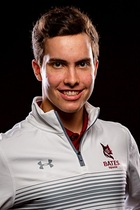 Graham Bonnell, Bates College
Graham Bonnell, Bates College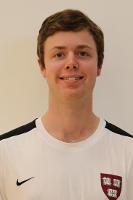 Timmy Brownell, Harvard University
Timmy Brownell, Harvard University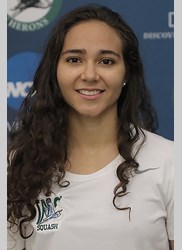 Gabby Fraser, William Smith College
Gabby Fraser, William Smith College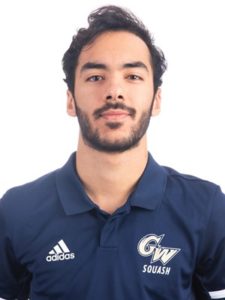
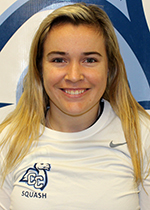
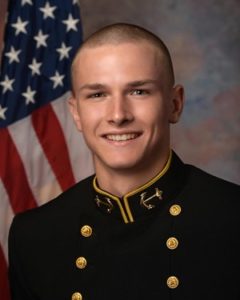 Jack Lentz, U.S. Naval Academy
Jack Lentz, U.S. Naval Academy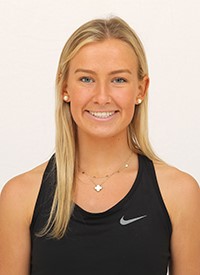


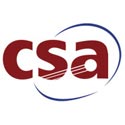


 With many college squash teams now back on court for official practices, the CSA offers a preview of the road to the CSA Championships, highlighting many key matches along the way.
With many college squash teams now back on court for official practices, the CSA offers a preview of the road to the CSA Championships, highlighting many key matches along the way.
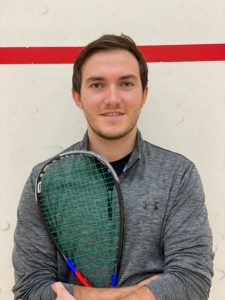 In an official release on Monday, Bates College named Reinhold Hergeth to the position of Head Men’s and Women’s Squash Coach. Hergeth comes to Bates from Chelsea Piers in Connecticut, where he has worked as a top club professional since graduating from Trinity College in 2013.
In an official release on Monday, Bates College named Reinhold Hergeth to the position of Head Men’s and Women’s Squash Coach. Hergeth comes to Bates from Chelsea Piers in Connecticut, where he has worked as a top club professional since graduating from Trinity College in 2013.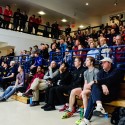
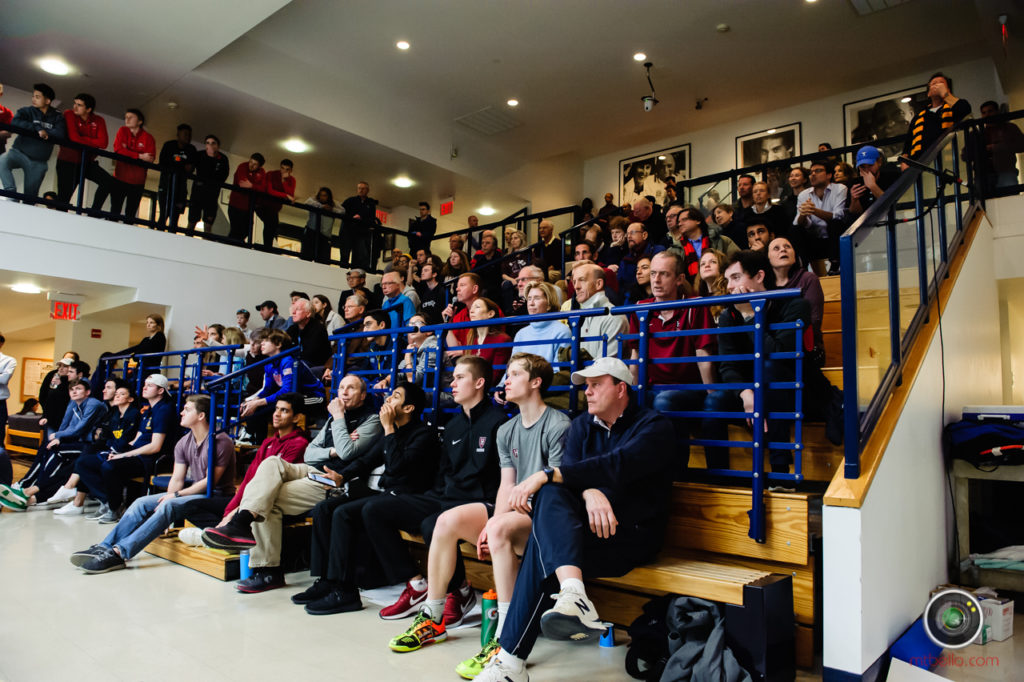 The College Squash Association has announced the host locations for the 2020 CSA championship events. The CSA Championships will take place on three consecutive weekends in late February and early March.
The College Squash Association has announced the host locations for the 2020 CSA championship events. The CSA Championships will take place on three consecutive weekends in late February and early March.
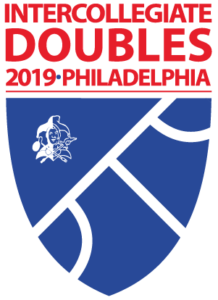
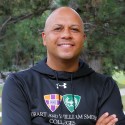
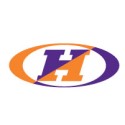
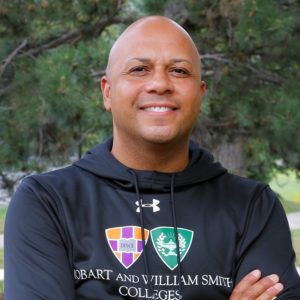
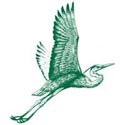
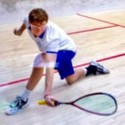
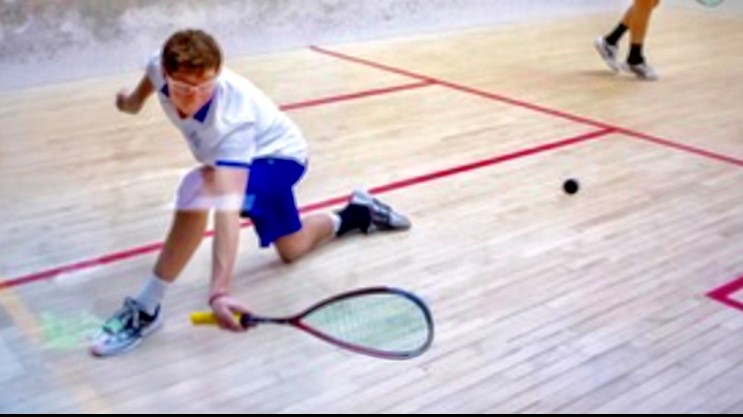
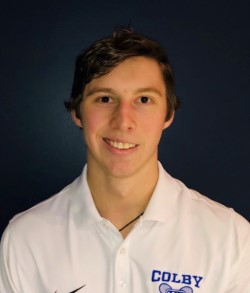 Tyler Burt is entering his second year at Colby College where he will compete again on the men’s varsity squash team. Tyler’s autobiography will be published later this month.
Tyler Burt is entering his second year at Colby College where he will compete again on the men’s varsity squash team. Tyler’s autobiography will be published later this month.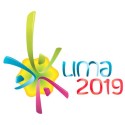
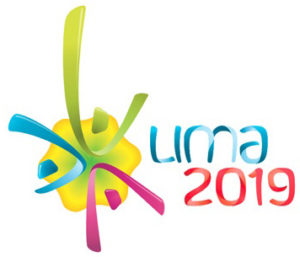 The 2019 Pan American Games kicked off in Lima, Peru last week with the squash events starting on Thursday, July 25. 60 athletes representing 13 countries began the competition in seven different events.
The 2019 Pan American Games kicked off in Lima, Peru last week with the squash events starting on Thursday, July 25. 60 athletes representing 13 countries began the competition in seven different events.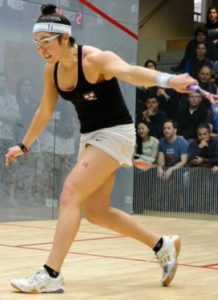
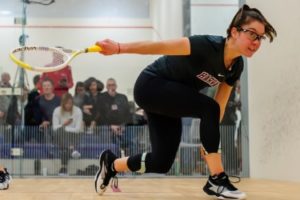
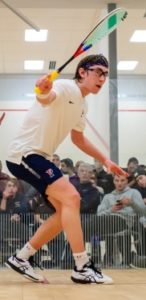
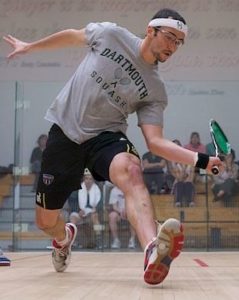
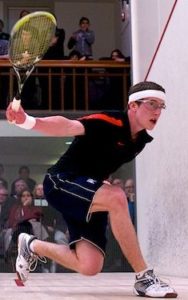 Team USA’s Todd Harrity (left, Princeton) and Chris Hanson (center, Dartmouth) faced off numerous times in college, while Andrew Douglas (right, Penn) has two more seasons of CSA competition (photos: Michael T. Bello)
Team USA’s Todd Harrity (left, Princeton) and Chris Hanson (center, Dartmouth) faced off numerous times in college, while Andrew Douglas (right, Penn) has two more seasons of CSA competition (photos: Michael T. Bello)